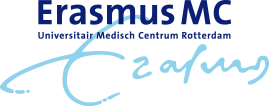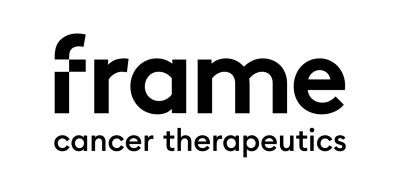Genetics of immunotherapy response in advanced lung cancer
In recent years, new treatments for lung cancer, so-called immunotherapy, have emerged. This form of treatment is based on stimulating the patient's immune system to attack the tumour(s). In some patients these treatments appear to be very successful, but this is not the case for all patients. With this project the aim is to develop a way of predicting whether or not an individual patient will respond to a specific form of immunotherapy with advanced analyses on the genetic material (DNA and RNA) of patients.
It will also be investigated whether very specific variations in the genetic material of an individual person, so-called frame shifts, can be used in the future to develop a fully customized immunotherapy treatment. Advanced computer analyses will be used for this, which will calculate, based on the results of analyses on the genetic material, what a personal anti-cancer vaccine should look like. It will also be investigated whether this computer model can predict whether a patient's immune system will actually respond to the anti-cancer vaccine.
It is expected that the continuation of this project will consist of a study in patients in which the effectiveness of the tailor-made anti-cancer vaccines will be further investigated.
During the last few years, new treatments have emerged for lung cancer, called immunotherapy. This form of treatment is based on stimulating the patient's immune system to attack the tumour(s). In some patients, these treatments appear to be very successful, but this is not the case for all patients. With this project, we aim to use advanced analyses on patients' genetic material (DNA and RNA) to develop a way to predict whether or not an individual patient will respond to a specific form of immunotherapy. We will also investigate whether very specific variations in the genetic material of an individual person, so-called frame-shifts, can be used in the future to develop a fully customised immunotherapy treatment. Advanced computer analyses will be used for this, which will calculate, based on the results of analyses on the genetic material, what a personal anti-cancer vaccine should look like. It will also be investigated whether this computer model can predict whether a patient's immune system will actually respond to the anti-cancer vaccine. It is expected that the follow-up to this project will be a study in patients in which the effect of the customised anti-cancer vaccines will be further investigated.
Ultimately, most patients in the study were not treated with immunotherapy, so the relationship of the Framome to outcome could not be determined.
The project ended due to the acquisition of the private partner. Key objectives of validating the ‘Frame Pro engine’ and application to a range of lung cancer samples have been achieved.
Translated with DeepL.com (free version)
For more information visit the website of Frame cancer therapeutics.
This collaboration project is co-funded by the PPP Allowance made available by Health~Holland, Top Sector Life Sciences & Health, to EMC to stimulate public-private partnerships. For questions, please contact EMC directly via the following email address tki@erasmusmc.nl.


